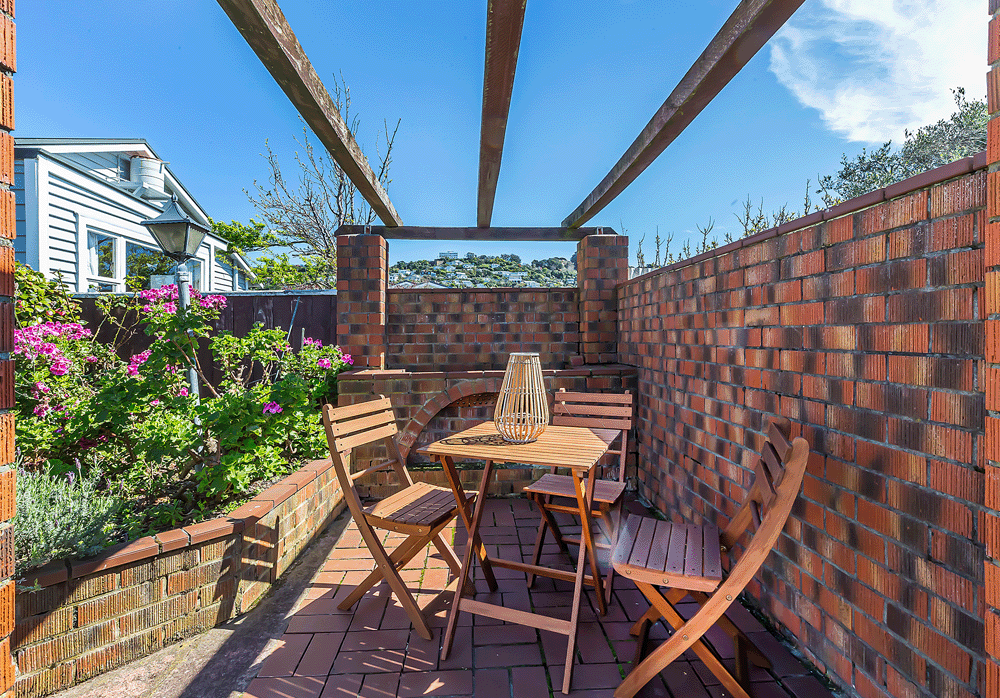Kiwis are hard-wired to renovate. As a certain hardware chain likes to remind us, DIY is in our DNA. And it’s true. We just can’t help ourselves when it comes to picking up a hammer or a paintbrush to turn our home into a masterpiece.
Look at what we love to watch on TV. Home makeover programmes like The Block rate through the roof. But most viewers don’t realise that these manufactured shows have no bearing on reality. If you add real holding costs, transaction costs, and the real cost of sponsors freebies, the average profits on these shows would net out to be losses.
Vendors often ask me if they should renovate their kitchen or bathroom before putting their house on the market. I invariably caution against it. Of course, selling a house “as is, where is” isn’t necessarily going to get you the best price either. And a tidy up can help you to make a tidy profit – repainting, recarpeting, floor sanding, minor landscaping… they’re all low-cost improvements that can enhance a property’s value.
All overdue maintenance, from roofing and plumbing to fences and piles, should be fixed before going to market. People want to see potential in a property, not problems. Just don’t go overboard on an overhaul. Otherwise, you risk not only overcapitalising but also limiting your property’s appeal.
From a sales perspective, it’s almost a cultural thing in New Zealand that people want to do up houses – be they sellers or buyers. The difference is a seller wants to add value to their property whereas a buyer may want to put their own stamp on it. Because of that, advertising a home that has potential or something left over for the buyer to add their mark to can generate more interest and competition than the finished product would.
Remember – the finished product ultimately has to appeal to someone else’s dream. People get a lot more fickle about what they want when they’re looking for the finished product. So the end buyer becomes more niche. On the other hand, a house that needs some work will have broader appeal – and the wider demographics will drive a more competitive result.
Another consideration is that unless you very recently purchased the property and then you sell it immediately after renovating, you can never accurately quantify whether you made a profit or not. If you have owned the property for a long time, then any assessment of value prior to renovating is just a guess. Therefore, any potential return from renovating is not only purely speculative but, even worse, at the end of the day you will never know with any certainty that the strategy worked or not.
So from a rational perspective I don’t think a big renovation to try to improve your sale prospects makes any sense. But that doesn’t mean renovations aren’t a good thing. They are if you’re doing them to enhance your lifestyle. So if you want to renovate a house, do it purely for the enjoyment of the improvements. After all, DIY might be in our DNA – but, so, too is living the quarter-acre dream.
